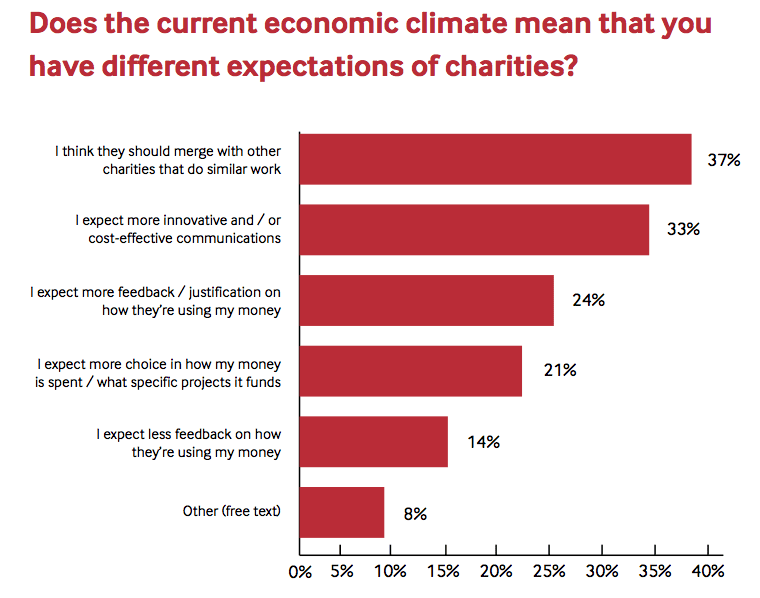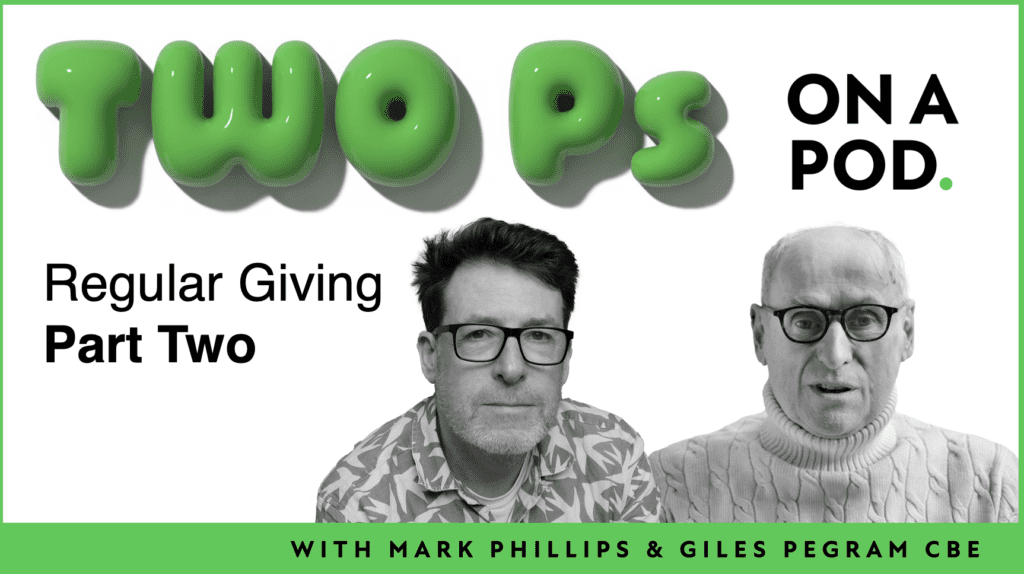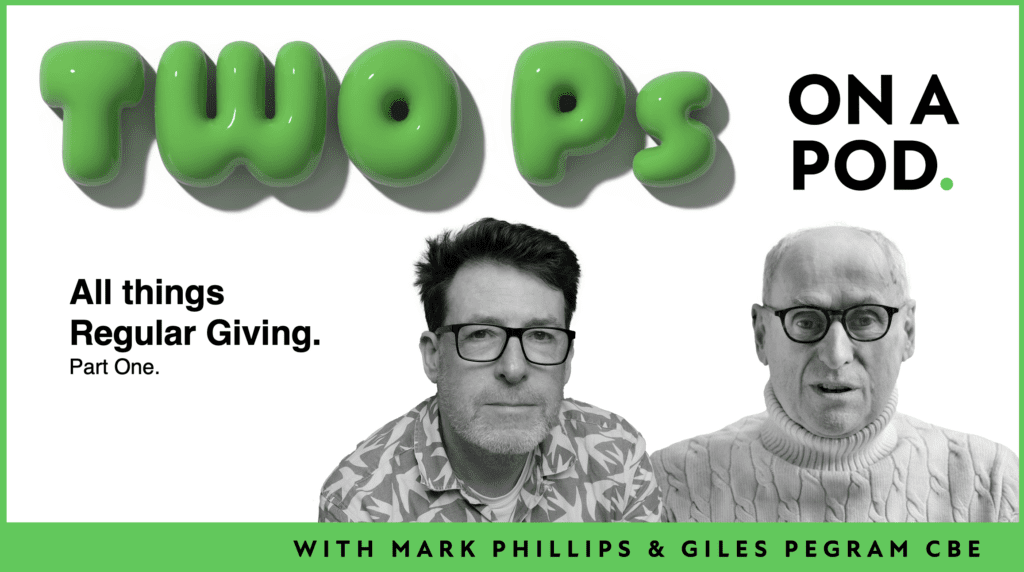Why donors don’t want to hear from you
A report has just been published that adds to the growing body of evidence that shows many charities are still getting something wrong when it comes to donor communications.
The study, commissioned by the REaD Group, asked 1,500 UK adults about their attitudes to charity communications.
They found that most people – that's 55% of respondents – don't want charities to communicate with them at all.
Shocked? Well, it gets worse.
Thirty per cent of respondents stated that they would rather not hear from the organisations that they give to.
When it comes to the factors that influence this attitude, it soon becomes obvious that it's all rather personal…
- 47% of UK adults would stop supporting a charity that sent them badly targeted direct mail (up 18% compared to 2010).
- 20% of respondents would stop giving to charities that used an obsolete or out of date name and address (up 5% on 2010).
- 53% said they would stop supporting a charity if they were seen to be wasting money on needlessly frequent communications (up 8% on 2010).
- People in the 65+ age bracket were the most likely to stop giving as a result of charities using incorrect personal details.
- When it came to regular donors, most people (63%) who received a mailing with incorrect personal details would notify the charity and ask them to amend their record. Frighteningly, 18% said they would be less likely to donate again with 5% saying they would stop their support.
And it doesn't stop there. When the researchers looked at what donors actually want from charities, the personal theme continued – they are looking for innovation and efficiency in their communications along with feedback on how charities actually use "my money".

And that, for me, sums up the issue.
The only communications that donors don't want are those that are boring, self-centred and irrelevant to their needs.
It's a point that charity supporters forcefully made during a study into why donors lapse, undertaken by Bluefrog in 2009 and summed up quite neatly with one, simple quote…
"You keep saying this thing lapsed. Lapsed from what? I never felt I was giving anything up."
Inappropriate and unwanted communications are actively pushing donors away.
People really do value charities. You only have to look at research undertaken in 2010 for the Charity Commission, to appreciate the central role they have in our lives. The study found that 96% of people saw them as having an essential or important role in society.
But as we are seeing – and as we've seen before – something is going wrong. We just aren't building relationships.
Getting your data right is never going to hurt donor loyalty (and it will save you a fortune), but this study is another stark reminder that rather than telling donors what we want to say, we need to start focusing on the questions they want answered.
Tags In
Related Posts
1 Comment
Comments are closed.
The Essentials

Crack the Code to Regular Giving: Insights, Strategies, and a Special Giveaway!

‘Tis Halloween. Keep to the light and beware the Four Fundraisers of the Apocalypse!

Why do people give? The Donor Participation Project with Louis Diez.

A guide to fundraising on the back of a postcard

What does the latest research tell us about the state of fundraising?







I think this is very interesting research of which all charities should take heed. There is far too much out there about ‘we’ and ‘us’ and not nearly enough about the donor ‘you’ and what they’re doing for the cause.
However my experience (and others’) is that what people say in research that they will do or not do is not what they actually do in real life. For example research consistently finds that donors don’t want to be mailed too often, but at the same time, the more they are asked, the more they give.
This is not to say that the work is not valid or important – it is, but it would be really useful to see some of these findings tested.